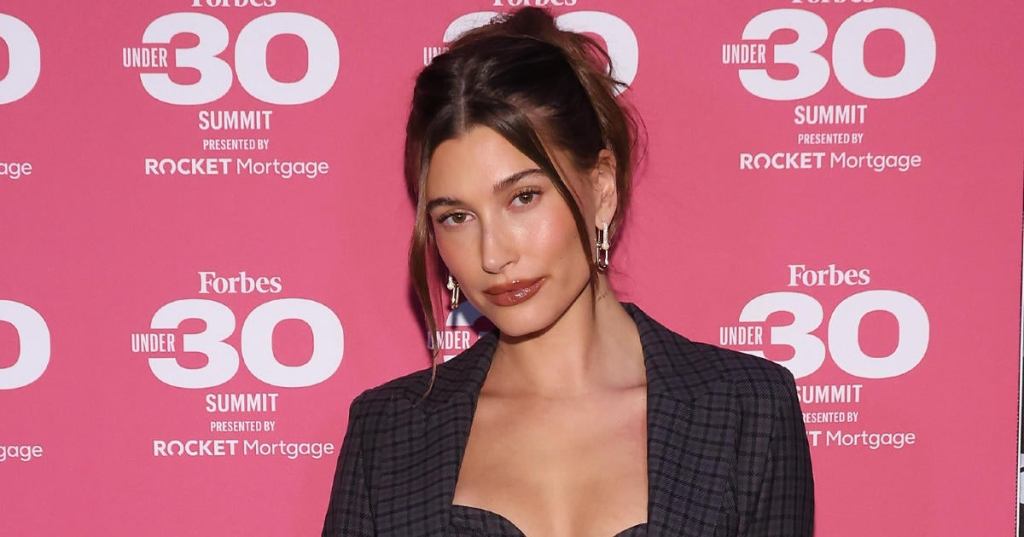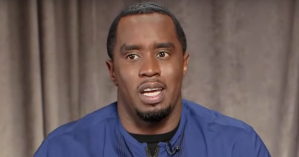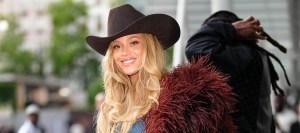Hailey Bieber is facing backlash for sharing a TikTok of her “new” “brownie glazed lips” look. After debuting her video, Bieber popularized the phrase, bringing her social media-famous “glazed donut” nail trend to the lips. The Rhode founder shared a mirror selfie TikTok video on Aug. 24, highlighting her glossy lips outlined in a shade of brown. She credited the look’s execution to her L.A.-based makeup artist, Leah Darcy, who reposted the video on her Instagram account. The brownie glazed lips technique involves the supposedly novel method of lining the lips with brown eyeliner and then top-coating them with lip gloss.
Black creators subsequently voiced their displeasure that an intrinsic beauty standard of their community (and others of color) had been promoted as the new style on TikTok without proper attribution. Lip gloss with brown lip liner has always been a staple for Black and Latina women, but TikTok now claims it’s the latest trend. The lip-lining aesthetic emerged in the 1990s with everyone from Naomi Campbell to Lil’ Kim, Missy Elliott, and Mary J. Blige introducing a beauty standard established by their communities to the mainstream. Now, rapper Megan Thee Stallion uses dark liner with glossy lips frequently, continuing the tradition her predecessors began in the ’90s. Euphoria’s Alexa Demie, of Mexican heritage, wears ultra-dark chola-influenced liner on red carpets and social media.
Videos by PopCulture.com
Allure’s Gabi Thorne penned a scathing response to the controversy. She wrote that while “the simple act of lining your lips and adding gloss” doesn’t count “as a trend or anything particularly exciting, is another reminder of how things aren’t popular in the mainstream until they are done by or seen on a thin, white person. “She has inspired several trends under the “glazed donut” umbrella not only because of her fans’ devotion to her but also because she meets every one of society’s high standards of beauty: She’s a thin, conventionally attractive, white model.”
Thorne noted other instances where trends have been “discovered” from other communities, including long nails and Kim Kardashian’s blonde “Bo Derek braids,” named after the white actor who wore the same style in the ’70s movie 10. According to People, Derek was credited with turning the braids into a “cross-cultural craze. “It’s insulting for a variety of reasons, but especially because Black folks have been demeaned and even barred from wearing the same style in schools and in the workplace,” Thorne said.
She also expressed exasperation over “everything” needing to “be a trend with a flashy new name! I am thoroughly exhausted from constantly seeing basic beauty ‘trends’ that are things I have been doing or have seen others doing for decades.” Thorne added, “The urge to deem everything a trend is how we end up with these situations wherein people of color’s inventions become appropriated or, at the very least, borrowed without credit or knowledge of origins.”
She also cited TikTok as an “egregious example of this within and outside of the beauty space.” In 2020, Charli D’Amelio and Addison Rae were called out for failing to credit dancers, who were primarily Black, for choreographing the moves that helped them go viral. The “Renegade” dance, created by Jalaiah Harmon, sparked a conversation about the lack of credit given to Black TikTokers for the viral trends for which they are responsible. “It feels demoralizing for folks of color when they see how easily conventionally attractive white folks — such as a Bieber or a D’Amelio — can profit from attaching their images to such simple ‘trends,’” Thorne continued. “At this point, I just want Black folks to get the recognition — and more importantly, the money and opportunities — that come with being deemed trendsetters.”









